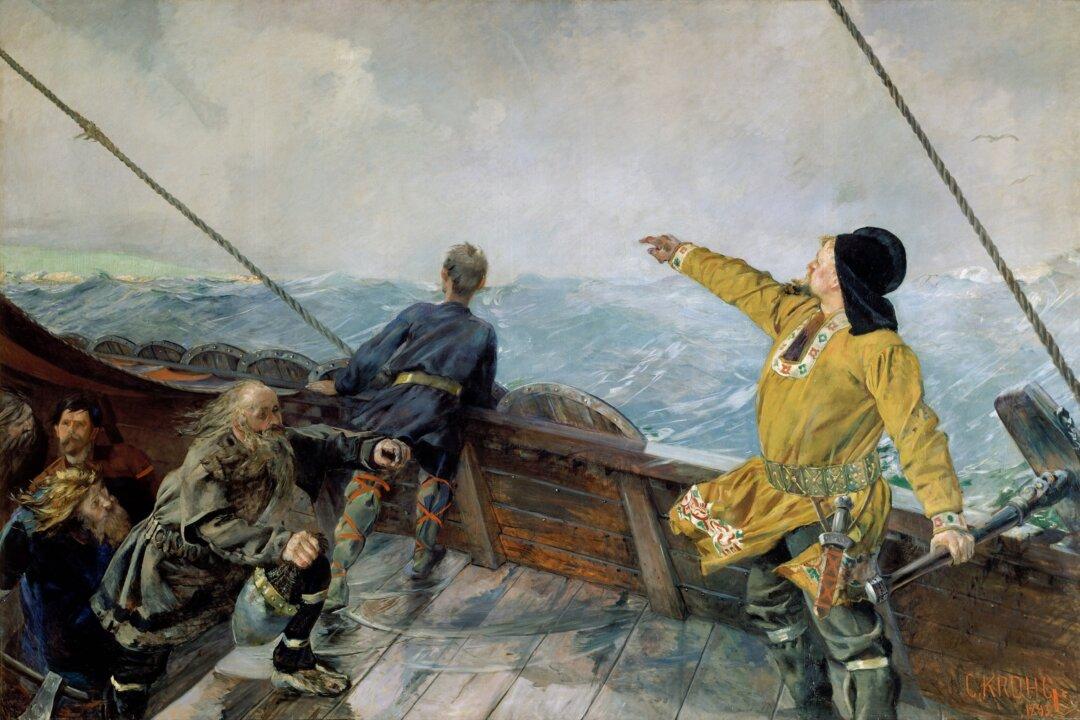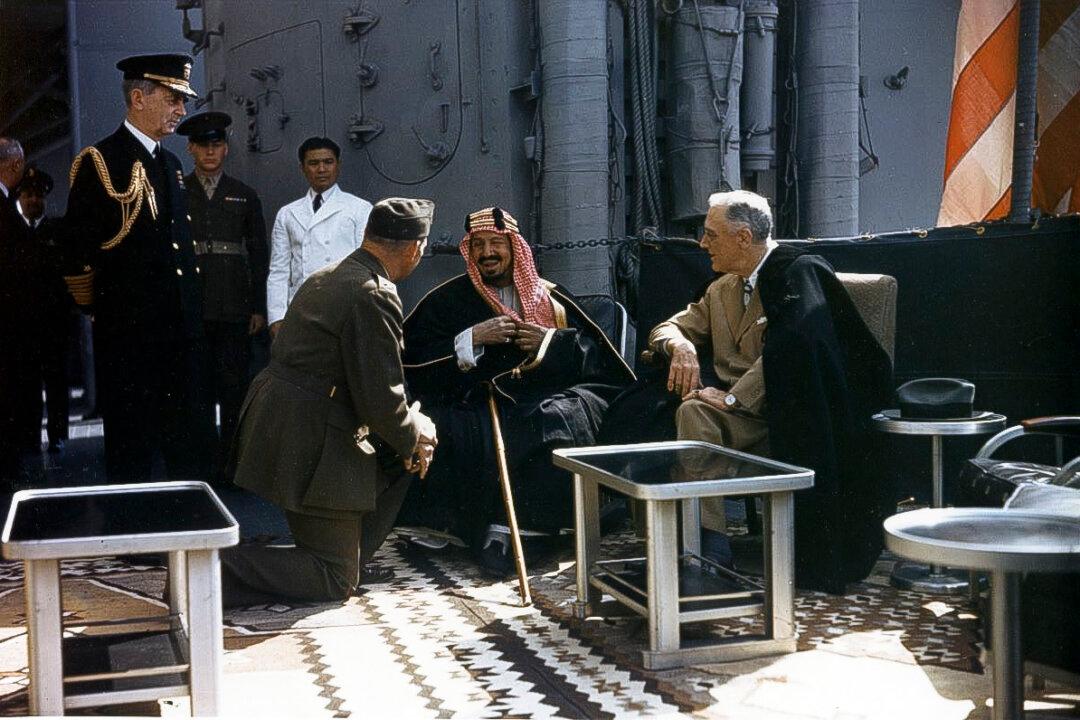The Vikings were a warring people steeped in mythology and legend stemming from the very wars and battles they fought. Known for their brutal savagery from factual and fictionalized retellings, the Viking rule remains one of the most captivating eras of world history.
In Arthur Herman’s new book, “The Viking Heart: How Scandinavians Conquered the World,” the reader is taken on a chronological journey covering nearly 1,200 years, from 793, when Vikings struck the island monastery of Lindisfarne in northeast England, to the contributions of World War II and post-World War II Scandinavians.
In much the same vein as one of his previous works (and one of my favorite books), “How the Scots Invented the Modern World,” Herman presents the struggles and triumphs of a people that in the modern age have been seemingly overlooked. When it comes to historical significance, the Scandinavians have unfortunately often been relegated to their Viking forebears, when there is so much more to the Norsemen’s history.






